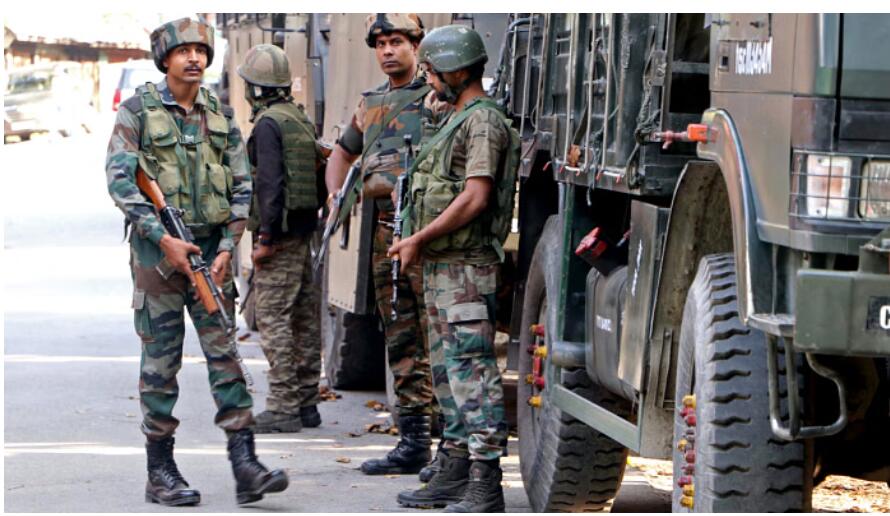Today on September 2, a terrorist attack on the Sunjwan military station in Jammu left one Army jawan injured, underscoring the escalating security challenges in the region as Jammu and Kashmir gears up for its crucial assembly elections. The attack, which involved stand-off firing from outside the base, has heightened concerns about the impact of terrorism on the electoral process. This incident comes amidst a backdrop of rising violence and an Intelligence Bureau (IB) report forecasting increased militant activity leading up to the elections.
The Sunjwan attack occurred when terrorists fired from a distance, targeting a jawan on sentry duty. In response, the Army base has been sealed off, and a search operation led by young officers is underway to track down the attackers. This attack is part of a troubling pattern of terror-related disturbances that have plagued Jammu in recent months, contributing to an atmosphere of insecurity.
Jammu and Kashmir is set to hold assembly elections in three phases: September 18, September 25, and October 1, with the vote counting scheduled for October 8. The region has faced significant unrest between April and July, with multiple terror incidents disrupting daily life and raising serious security concerns.
The recent IB report predicts a surge in terrorist activities in Jammu as the elections approach. The report suggests that militant groups may intensify their attacks to destabilize the region and influence the electoral outcome. This increase in violence appears to be strategically timed to instill fear and uncertainty among voters, potentially impacting voter turnout and the overall electoral process.
In response to the escalating threat, a senior police officer has called for robust coordination among security agencies to address potential challenges during the election period. Ensuring the safety of voters and election officials is crucial to maintaining the integrity of the democratic process in these turbulent times.
The pattern of attacks may also be seen as an attempt by militants to disrupt the electoral process and sway public opinion. With the possibility of heightened violence, there is growing speculation that some political parties may be concerned about their chances in the elections. The increased violence could reflect a broader strategy to capitalize on voter anxieties and potentially influence electoral outcomes.
As Jammu and Kashmir approaches the elections, the critical question will be whether security forces can effectively manage these threats and whether the electorate will respond by embracing change and reinforcing democratic values amidst the challenges. The upcoming elections could serve as a pivotal moment for both voters and political parties, shaping the future of the region.
